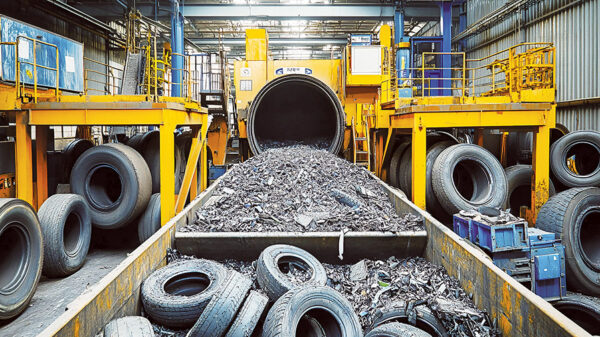In a major victory for the auto care industry, the Supreme Court upheld the legal precedent of patent exhaustion, which states that a company’s right to protect its patent ends when the product is sold to the end user. Information from an amicus brief submitted to the Supreme Court by the Auto Care Association was used by Chief Justice John G. Roberts Jr. in reversing the Federal Circuit decision that would have been damaging to the manufacture and sales of aftermarket parts.
The case, Impression Products, Inc. v. Lexmark International, Inc., involved the ability of Lexmark to restrict purchasers from reusing their printer cartridges or providing the used cartridges to anyone other than Lexmark. The Federal Circuit case determined patent holders can retain rights after sale as long as the restrictions on use are clearly communicated.
“While the case applied to printer cartridges, the impact of the Federal Circuit decision would have been extensive, restricting the ability of companies to produce and sell aftermarket and remanufactured parts based on the fear of violating a car company’s patent,” said Bill Hanvey, president and chief executive officer, Auto Care Association.
If upheld, the Federal Circuit decision would have provided patent holders with extensive power over how consumers repair and maintain the vehicles that they own. Understanding this impact, Chief Justice Roberts used the following analogy in the Supreme Court ruling:
“Take a shop that restores and sells used cars. The business works because the shop can rest assured that, so long as those bringing in the cars own them, the shop is free to repair and resell those vehicles. That smooth flow of commerce would sputter if companies that make the thousands of parts that go into a vehicle could keep their patent rights after the first sale. Those companies might, for instance, restrict resale rights and sue the shop owner for patent infringement. And even if they refrained from imposing such restrictions, the very threat of patent liability would force the shop to invest in efforts to protect itself from hidden lawsuits. Either way, extending the patent rights beyond the first sale would clog the channels of commerce, with little benefit from the extra control that the patentees retain. And advances in technology, along with increasingly complex supply chains, magnify the problem.”
“This important decision is clearly a victory for the consumer and for the independent auto care industry, which provides motorists with an affordable, convenient and effective alternative to the vehicle manufacturers’ parts and service network,” said Hanvey.
Published in the July 2017 Edition of American Recycler News






